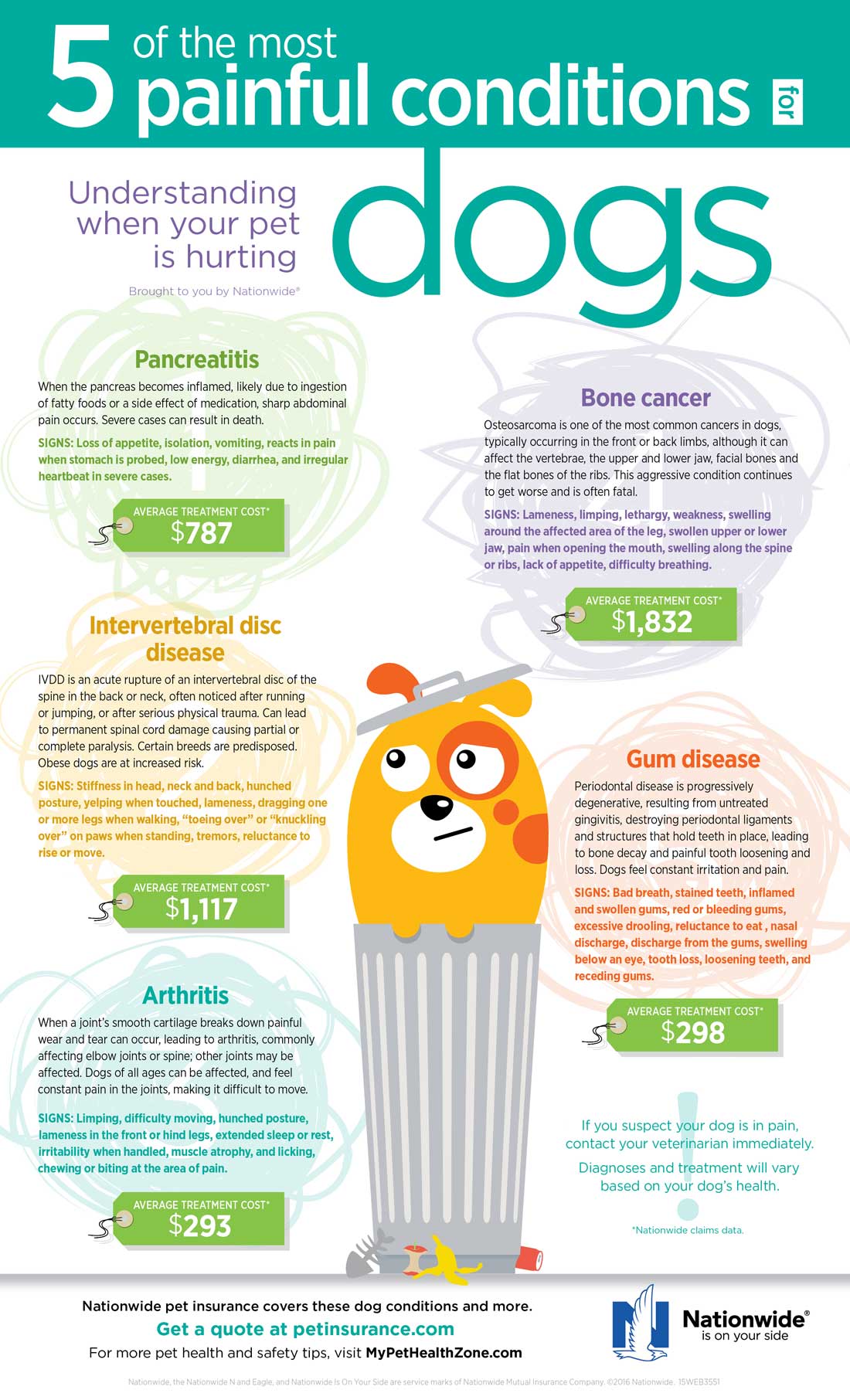Dog Daycare Seasonal Activities
Dog Daycare Seasonal Activities
Blog Article
Can Canine Day Care Cause Disease?
Dogs in childcare get lots of exercise, socializing with various other canines and unique experiences. This can be particularly handy for pups and canines with behavioral concerns.
There are a number of lawful factors to consider you require to take into account when starting a doggy day care service. These consist of the framework of your business and compliance with government policies.
1. Dog Distemper
Canine distemper is spread out via straight contact with the physical fluids and waste of a contaminated pet, but it can also be transmitted via shared water and food bowls or through airborne droplets. This extremely infectious health problem is most hazardous for young puppies, however it can affect pet dogs of any kind of age and is deadly for the majority of if left untreated.
Initial symptoms of canine distemper typically simulate a cold, consisting of drippy eyes and nose with watery or pus-like discharge. As the condition proceeds, a pet will certainly create high temperature, coughing, lowered cravings, throwing up and looseness of the bowels. The infection can additionally strike the nerves, causing seizures, shivering and partial or full paralysis.
Trustworthy childcares lower direct exposure to infection by calling for inoculations, regular health examinations and comply with stringent hygiene procedures. If your puppy seems overly tired or limping, a day off might aid him recoup, however you must prevent taking him back to day care up until these symptoms clear up.
2. Kennel Cough
Kennel coughing, additionally called contagious canine tracheobronchitis or Bordetella, is an extremely infectious viral or bacterial disease that influences the respiratory system system. It's frequently moved with the exchange of saliva or air droplets that a sick pet breathes out. Social pet dogs are at greater threat for infection because of their regular interaction with one another, such as when they play, share food or water, smell one another or simply fulfill in a congested atmosphere like a canine park or childcare.
One of the most typical symptom of kennel cough is a relentless and powerful cough that seems like something embeded the throat or retching. Typically, canines will divulge foamy white phlegm. If left neglected, a dog can create pneumonia and go to major risk permanently.
A trustworthy childcare facility should have rigorous cleansing and sanitation methods, sterilize all toys, food and water bowls consistently, and be open concerning their vaccination policies. Maintaining your canine up to day on their vaccinations, specifically for bordetella and canine flu, will significantly reduce their opportunities of acquiring the illness.
3. Parvovirus
Canine parvovirus, or parvo, is a very infectious viral illness that can be harmful for young puppies and young adult pets with inadequate immune systems. It's most generally spread by straight contact with polluted canine feces-- which can take place when canines sniff, lick, or preference infected feces-- and indirectly from infected people, objects, or atmospheres (like kennels, grooming areas and lawns). Young puppies and dogs without full vaccination backgrounds are especially at risk to parvo.
The virus is exceptionally durable, enduring in the environment for approximately nine years, and can conveniently be transferred in between canines by call with feces or on footwear, garments, and bedding infected with parvovirus. If not dealt with immediately with IV liquids, electrolyte balance, vomiting control drugs and antibiotics to avoid places that board dogs near me secondary bacterial infections, a pet will rapidly dry out and develop serious looseness of the bowels, which causes shock and sepsis. Parvo is tough to cure when a dog has come to be ill, however with ideal veterinary treatment, many young puppies do endure this disease.
4. Pooch Influenza
Dog flu virus is extremely transmittable and spreads through straight call, sharing food and water bowls, licking or nuzzling other pet dogs, via airborne beads, and via polluted surface areas. Inoculation is effective in minimizing the threat of infection and outbreaks.
The majority of affected canines create a light breathing infection with a coughing that lasts 1-3 weeks. They may additionally have nasal and ocular discharge, sneezing, and sleepiness. Some of one of the most serious instances result in pneumonia and a high fever.
If your pet dog shows any of these signs and symptoms, do not bring them back to daycare up until they are healthy and balanced. If your dog is revealing signs of extreme exhaustion or limping, talk with your vet as soon as possible and ensure they get on health supplements to aid develop their resistance. A veterinarian will review your pet dog for signs and symptoms of the flu by taking an example from the nose or throat, and blood tests can be done to verify.